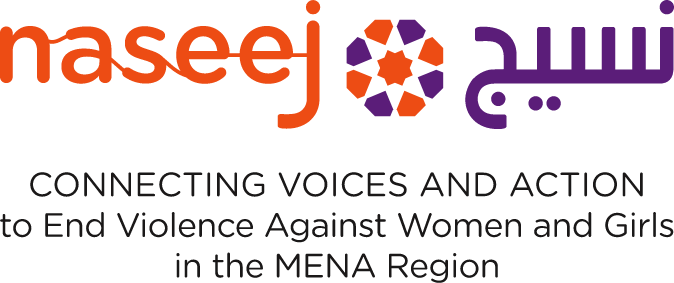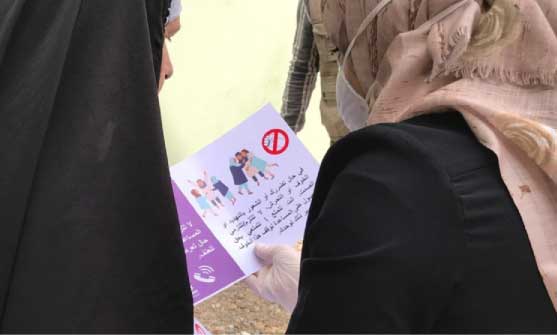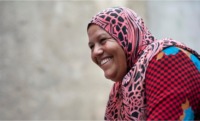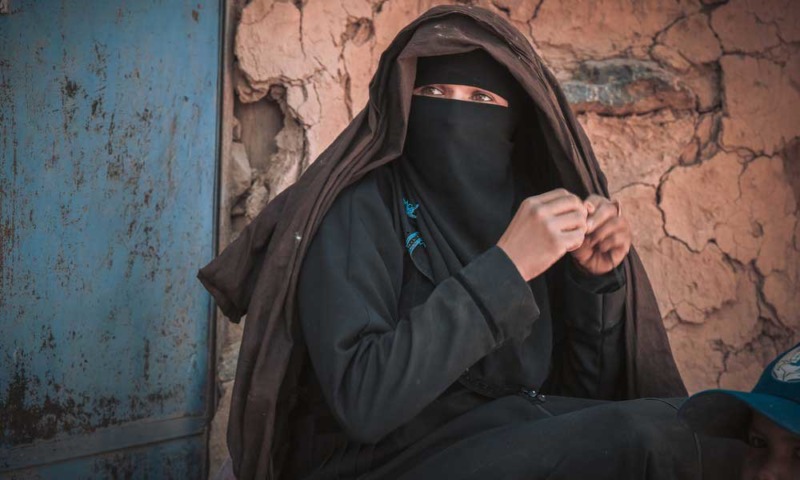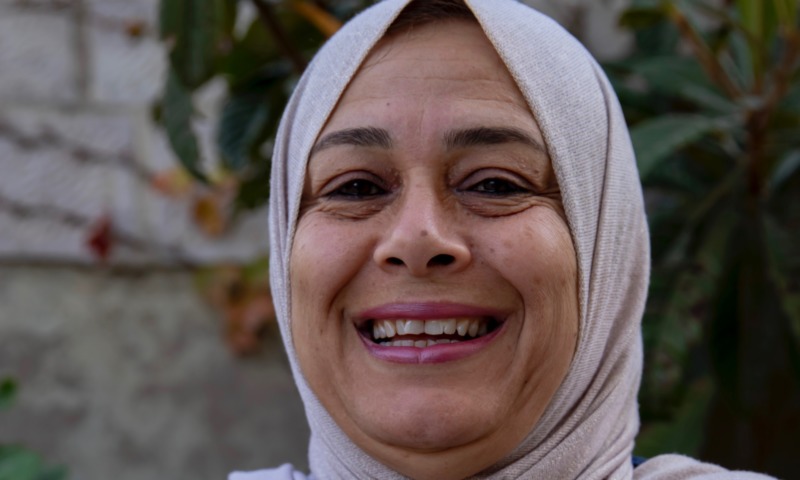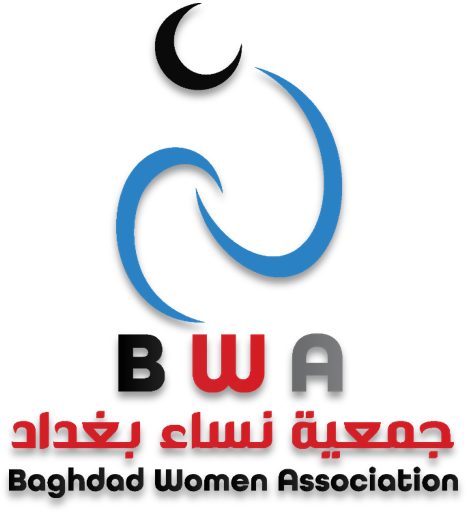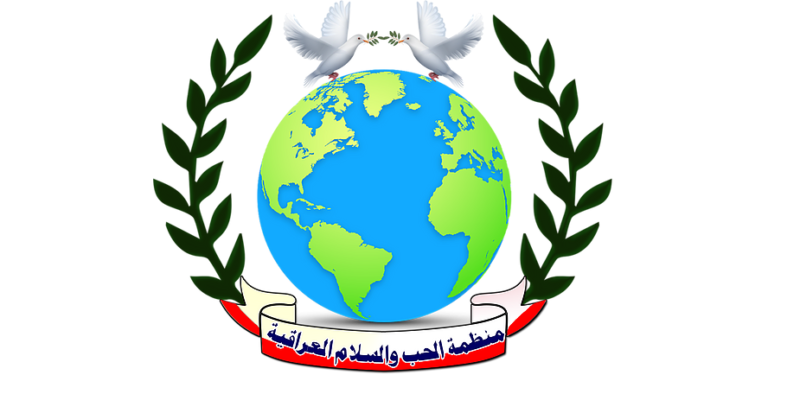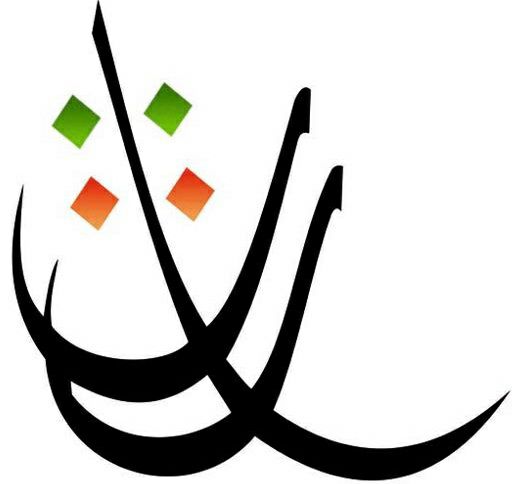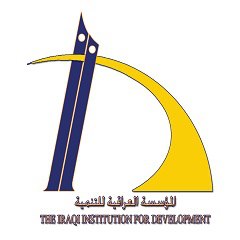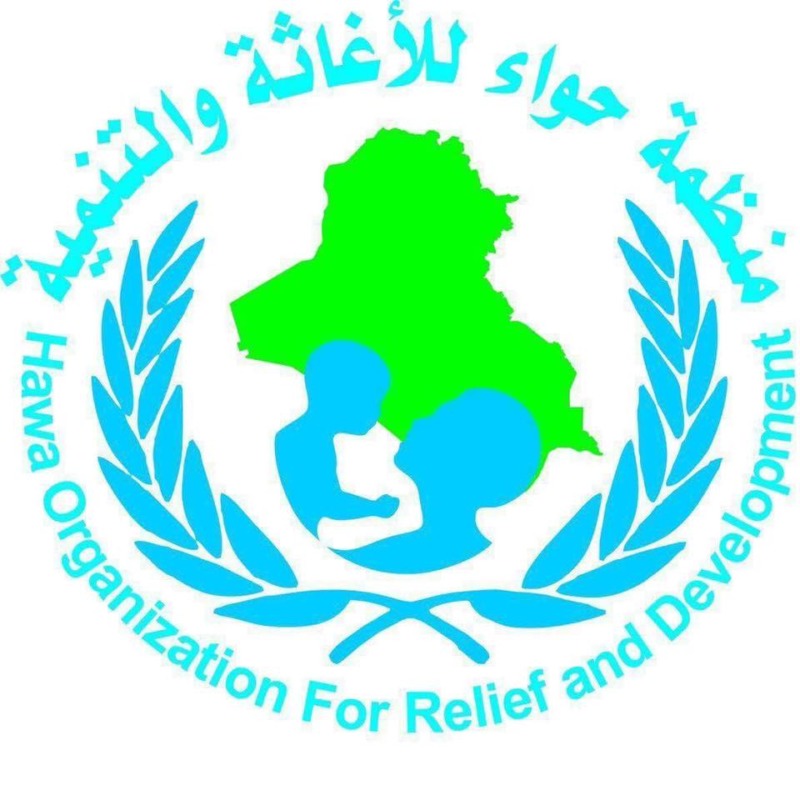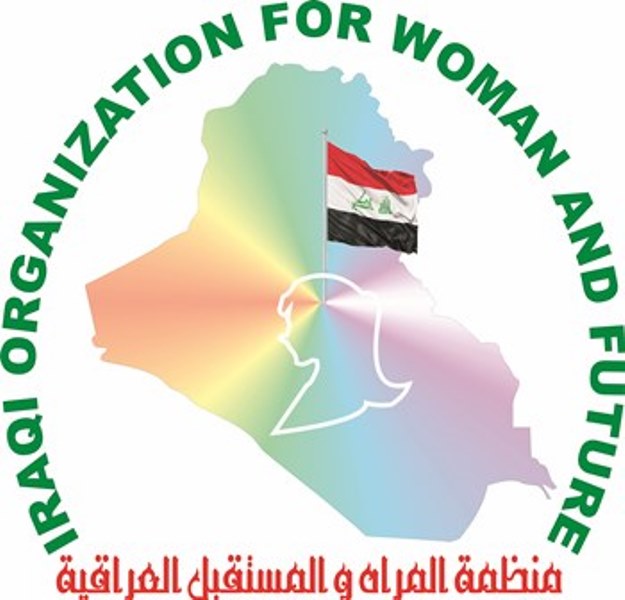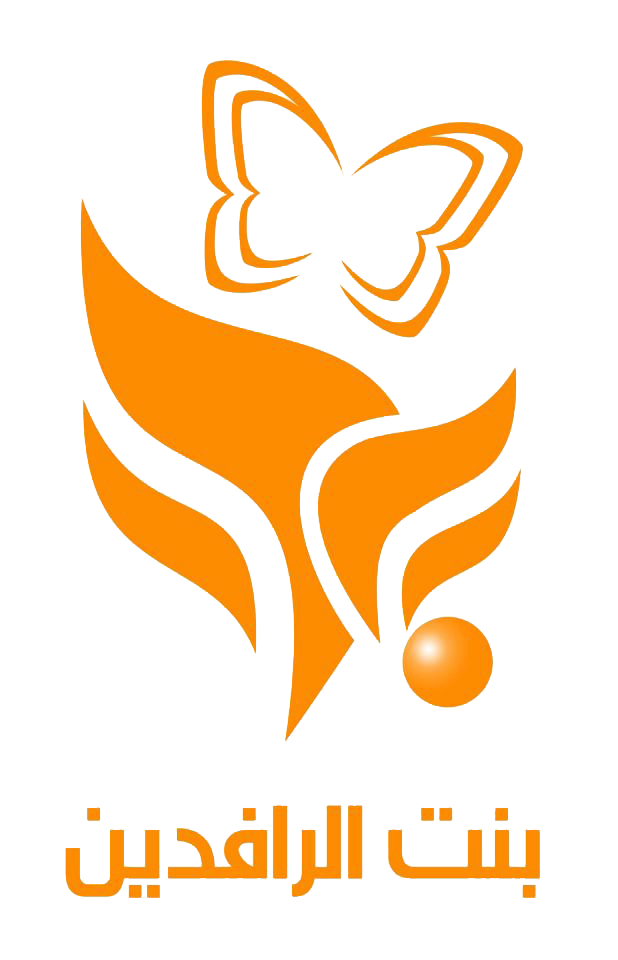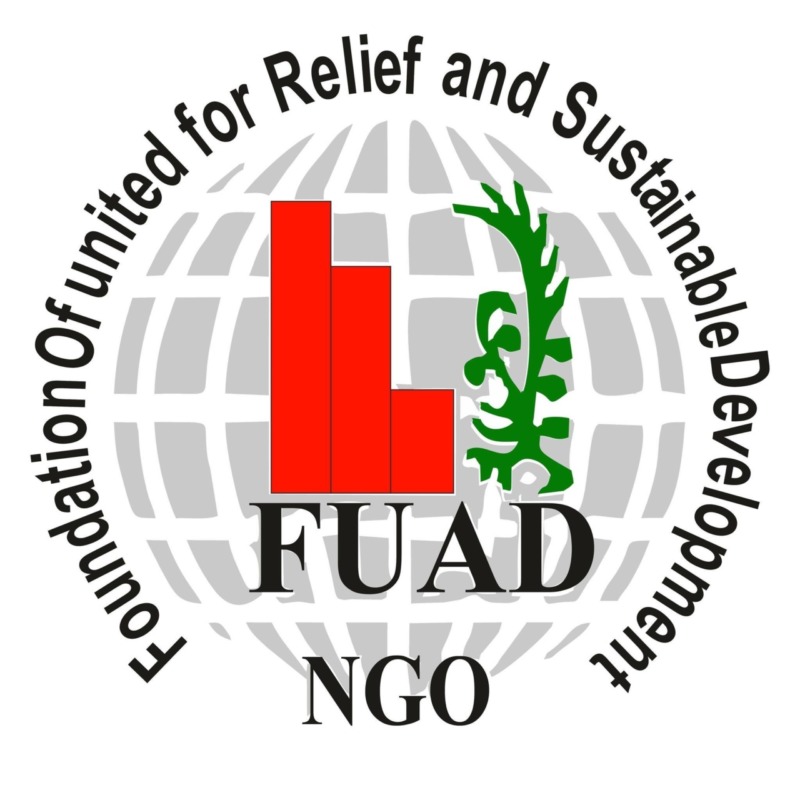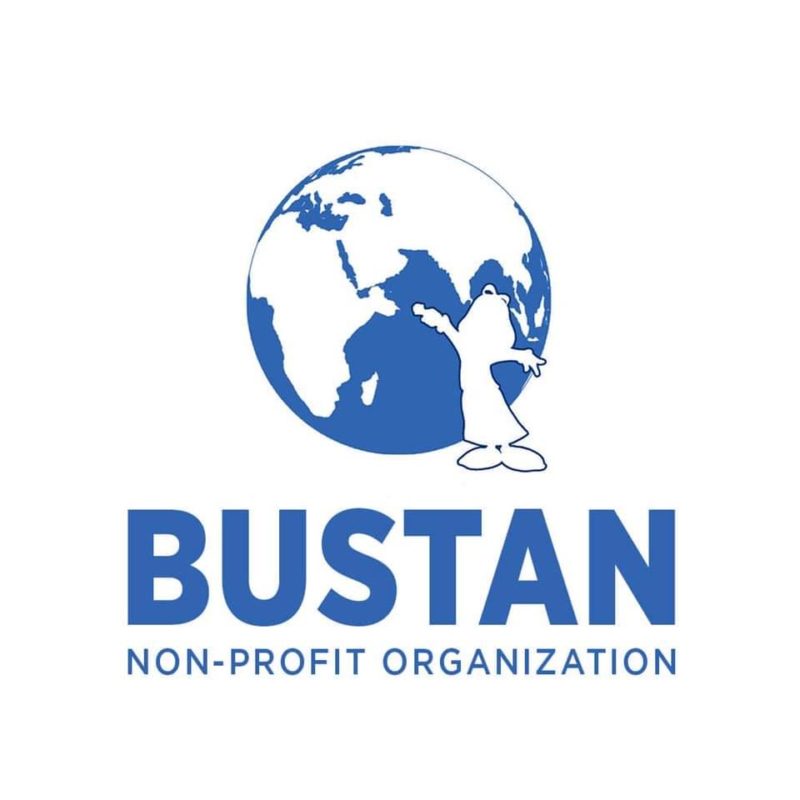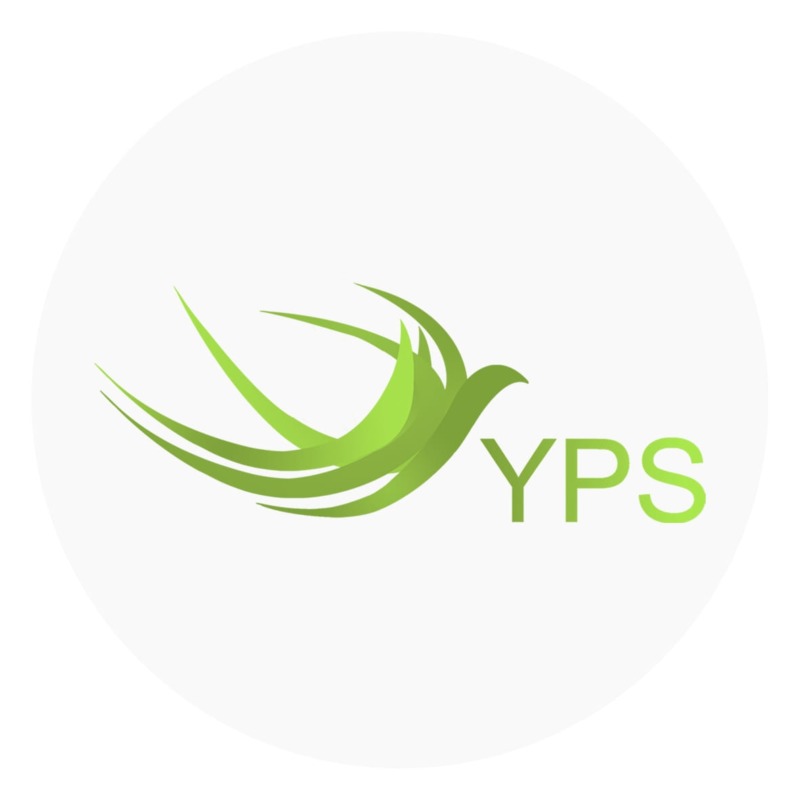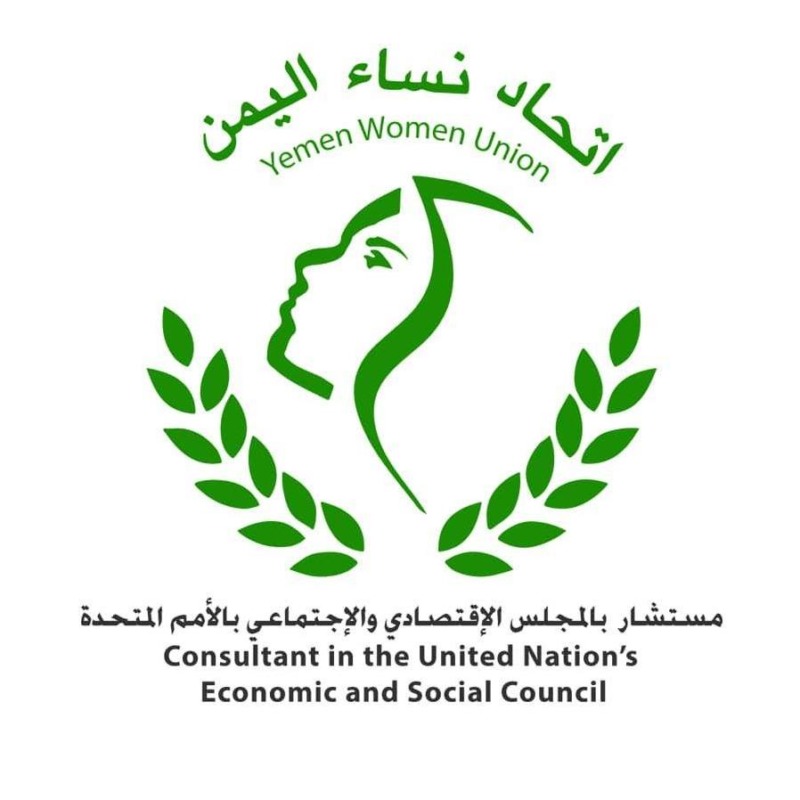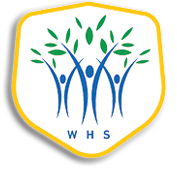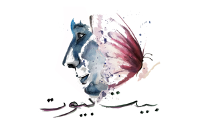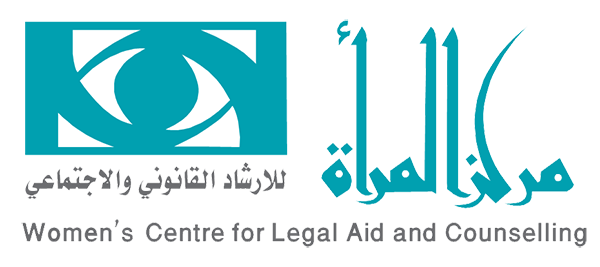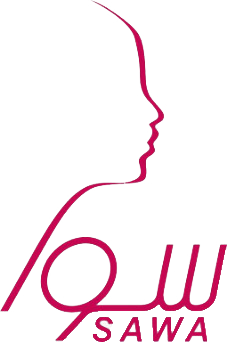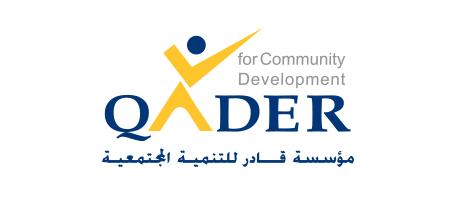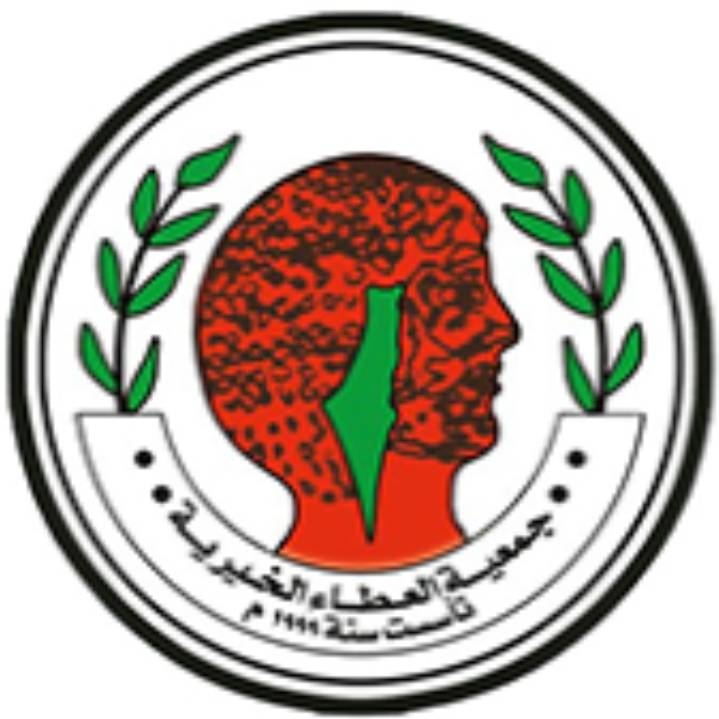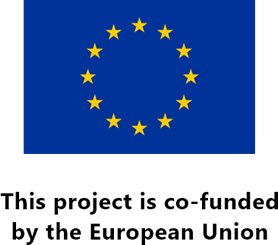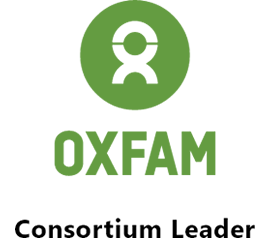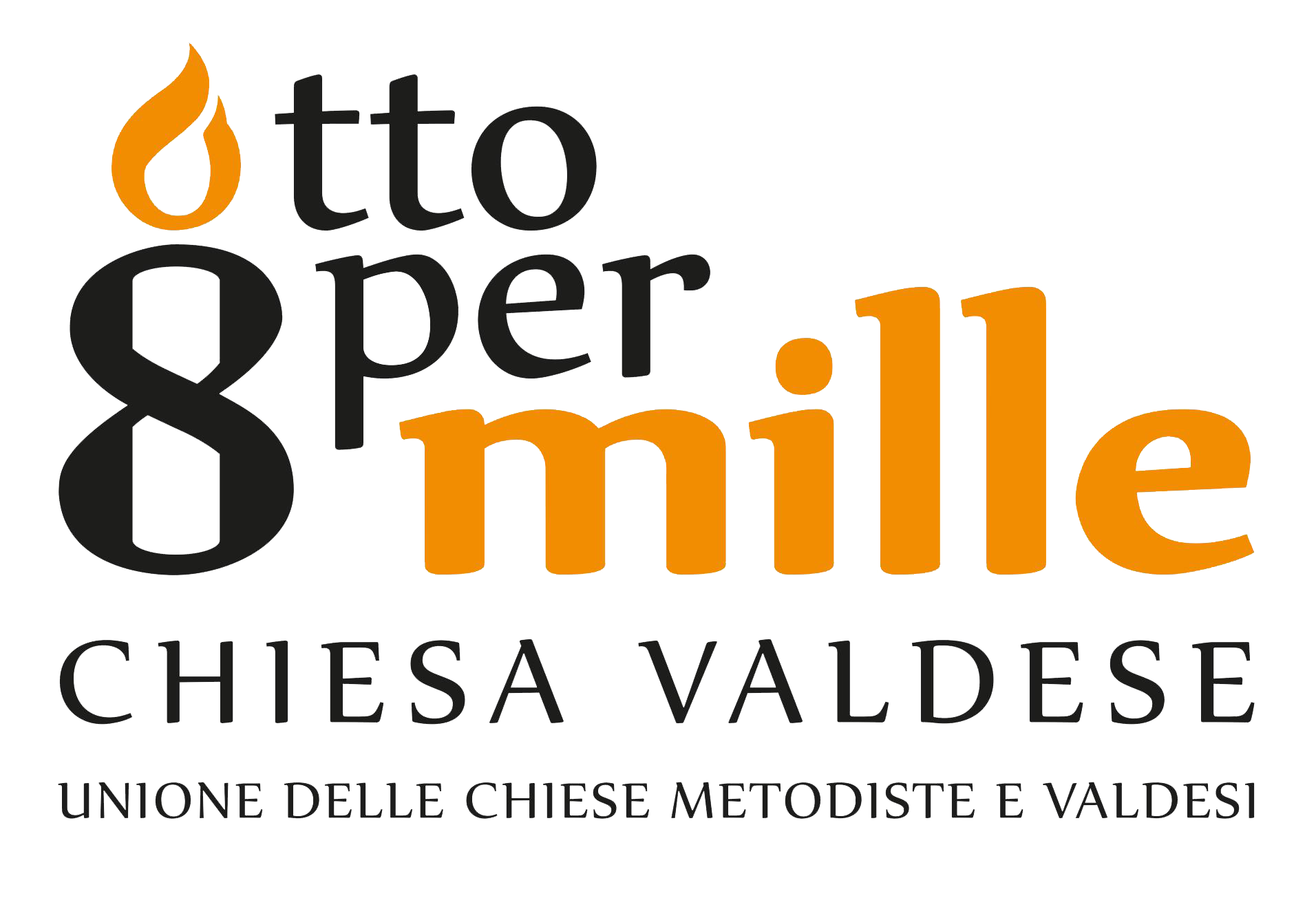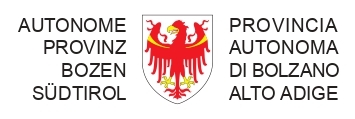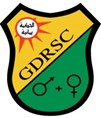Background
The MENA region faces higher than global averages of violence against women and girls (VAWG), with rates of intimate partner violence (IPV) at 35% compared to the global average of 26%. Women and girls across Iraq, Yemen, and OPT face the dual burden of deeply entrenched social and legal discriminatory norms on VAWG, alongside the impact of protracted conflict and militarization at the hands of both state and non-state actors. Internally displaced and refugee women and girls face even greater risks of sexual abuse and rape, forced marriage, and sexual exploitation as their displacement becomes more protracted. Men and boys are also at risk of SGBV, and persons with disabilities remain highly vulnerable and in need of specialised interventions. This project is relevant to the unique needs of WROs who nominates VAWG as one of the most pressing issues to work on in MENA at the regional level.
Global
Naseej aims at contributing to more gender-equitable societies in Iraq, Yemen, and the Occupied Palestinian Territory (OPT) in which women and girls live free from violence across all spheres of life.
Specific
The project aims at supporting women’s rights civil society organisations (WROs) in the target countries to effectively prevent and respond to sexual and gender-based violence (SGBV) during conflict.
Approach
Naseej (‘texture’, in English) is based on a holistic approach, ensuring coordination and collaboration with relevant sectors and actors. WROs will be placed as active participants, supported and encouraged to use a client-centred approach. This approach is based on supporting women to analyse their problems and needs and make decisions that will help them overcome the effects of SGBV while remaining engaged with the life they chose for themselves. This approach empowers women to take control of their lives, identify the services they need and the solution to their problems that are most suitable to them.
Outputs
- Support 23 partner WROs to be more effective and independent in their work of providing response to sexual and gender-based violence in conflict settings.
- Increase awareness of men, boys, women and girls of their roles in preventing SGBV and supporting survivors.
- Strengthen the global knowledge on SBGV in conflict and support WRO networks at national and regional level.
Activities
A grant scheme will be established across the three countries and the grantees (up to 23 WROs and/or CSOs) will be selected to provide three main activity streams:
- strengthening support and referral services and reporting system for women and girls SGBV survivors;
- transforming the social norms that perpetuate SGBV;
- strengthening development and implementation of national SGBV legislation.
Areas of intervention
PALESTINE
YEMEN
IRAQ
opportunities
Oxfam is inviting local civil society organizations (CSOs), women’s rights organizations (WROs) and community based organizations (CBOs) in OPT to submit proposals under the ‘Naseej’ project in line with the following streams:
Stream 1 (Services) – Strengthening support and referral services and reporting systems for women and girls GBV survivors
Stream 2 (Social Norms) – Transforming the social norms that perpetuate GBV with a special focus on youth engagement
Stream 3 (Advocacy) – Strengthening development and implementation of national GBV legislation
Proposed projects must:
- Have a duration between 12 and 19 months
- Be implemented in at least one of the following locations:
– Gaza Strip
– East Jerusalem
– West Bank including Area C
Supported organizations will receive:
- Funding to implement a project as described in the Guidelines for Applicants available in Arabic and English (see link below)
- Capacity-building activities tailored to their needs
- The opportunity to participate in learning, exchange and advocacy activities on Sexual and Gender-based Violence with other organizations in OPT as well as in Yemen and Iraq.
Small, medium and large sized organizations can apply for different funding lots according to their organizational capacity (as described in Guidelines for Applicants).
The deadline to submit project proposals is October 20th 2020. Questions on the call may be addressed in writing to [email protected] with the subject line: ORGANIZATION NAME/Question. All questions should be sent before September 20th 2020. Oxfam has no obligation to provide answers to questions sent after this date. Oxfam cannot provide any opinion on the eligibility of an applicant, its project or activities. To ensure equal treatment of applicants and transparency, a FAQ document addressing all the submitted questions will be prepared and shared on this page one month before the deadline.
To get full information about the call and how to apply, please download the Guidelines for Applicants and the Application Package here: English – Arabic
IMPORTANT UPDATE: Amendment to the Guidelines for Applicants
This update includes the previous amendments to the Guidelines in addition to new amendments. PLEASE read it carefully. To download the text in Arabic press here and to download it in English press here.
To download the new Annex 5 “Tax Cleareance Declaration” click here for Arabic and here for English.
FAQs
The FAQs document addresses all questions received about this call for proposals. Please keep checking the website as the document will be updated on regular basis. You can download the latest version here (English/Arabic).
To download the PowerPoint presentations from the Information Session held on September 21st, click here and here. To watch the recording of the Info Session, please click here.
There are no current opportunities.
Oxfam is launching a call for proposals to support local civil society organizations and women’s rights organizations to fund projects aiming at:
Stream 1 (Services) – Strengthening support and referral services and reporting systems for women and girls GBV survivors
Stream 2 (Social Norms) – Transforming the social norms that perpetuate GBV with a special focus on youth engagement
Stream 3 (Advocacy) – Strengthening development and implementation of national GBV legislation
Projects must be implemented in Diyala and/or Anbar governorates in at least one of the following locations:
- Diyala Governorate: Azaadi, Raparin, Banmil, Arkawazi, Alezi (Al bingani), Aljehad, Alnedal (Baloor), Saadiya town neighborhoods.
- Anbar Governorate: AlboIkash, kilo 7 complex, Raihana, Hasahcomplex, Obaidi, Qaimcenter, Rumanah neighborhoods.
- Baghdad city for advocacy activities only (under Stream 3).
The Call has multiple deadlines. That means that your organization can apply as the following:
1st Deadline: 1st September 2020 (open to applications for Lot 1,2 and 3)
2nd Deadline: UPDATED DEADLINE 19th November 2020 (open to applications for Lot 1, 2 and 3) – PLEASE READ THE NEW CORRIGENDUM
3rd Deadline: 1st February 2021 (open to applications for Lot 1) – PLEASE READ THE NEW CORRIGENDUM
Application pack (English/Arabic) and NEW Corrigendum (English/Arabic)
FAQ (English/Arabic)
Outreach and Technical Assistance Activities (English/Arabic)
You can watch the recording of the past Info sessions by clicking here and here.
resources
Baselines
Naseej Baseline Study – Occupied Palestinian Territories (English version)
Community Perceptions of Sexual and Gender-Based Violence: A baseline report conducted in Anbar and Diyala Governorates, Iraq (English version)
Naseej Baseline Report – Yemen (English Version)
National Research
National Research on SGBV in oPT
Learning Paper
Financial Support to Civil Society to Combat SGBV in Fragile Contexts
Final External Evaluation: English Version | Arabic Version
